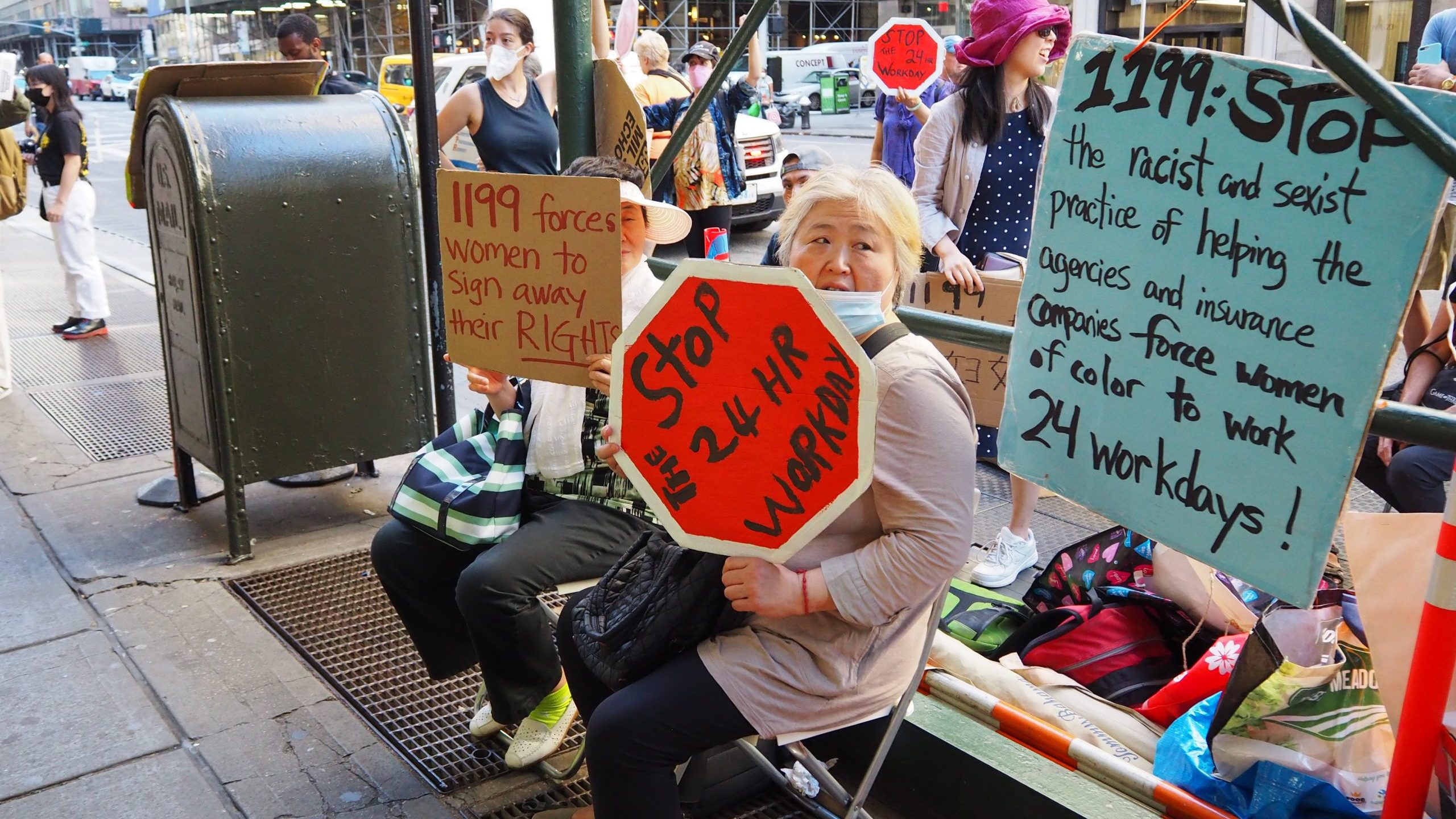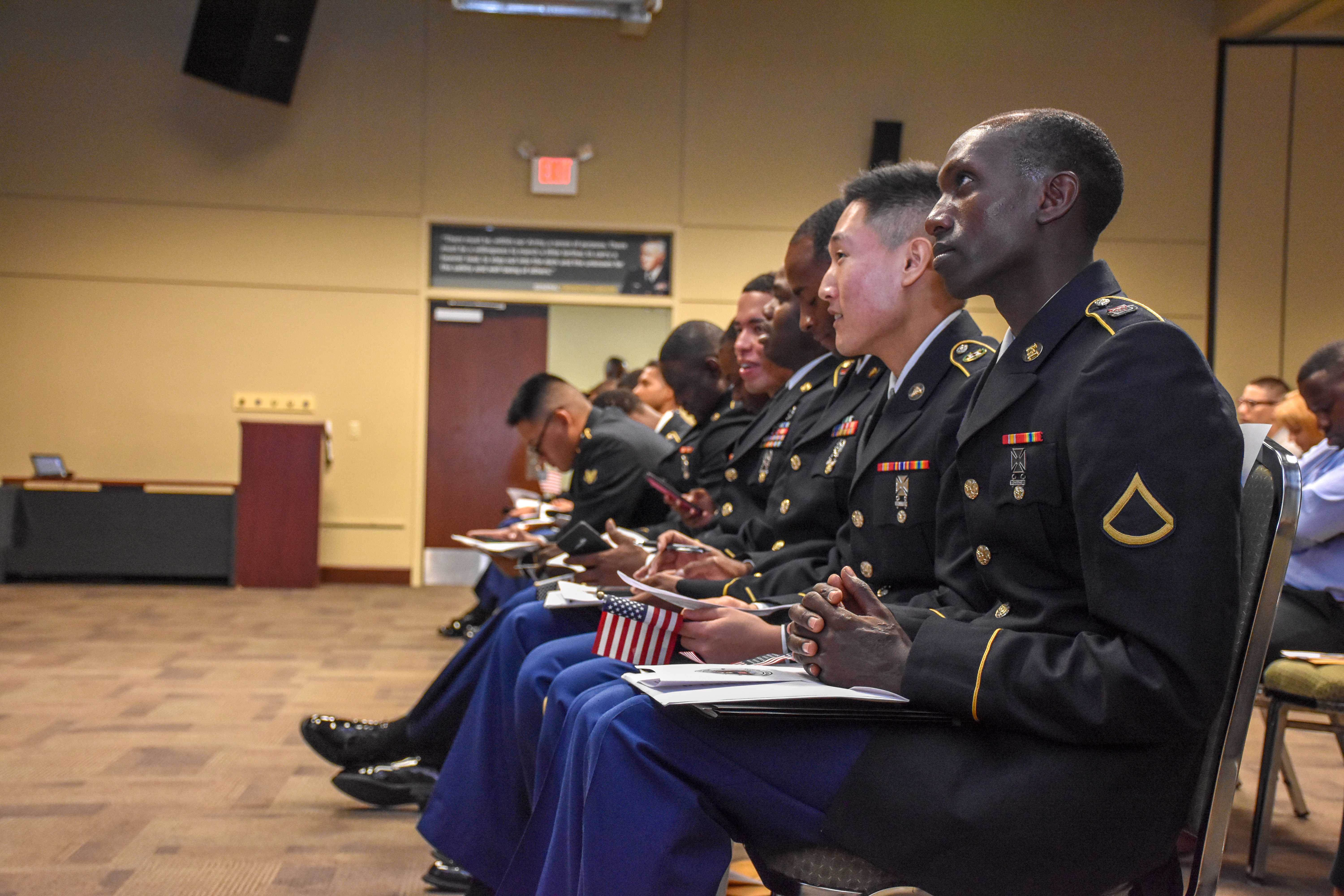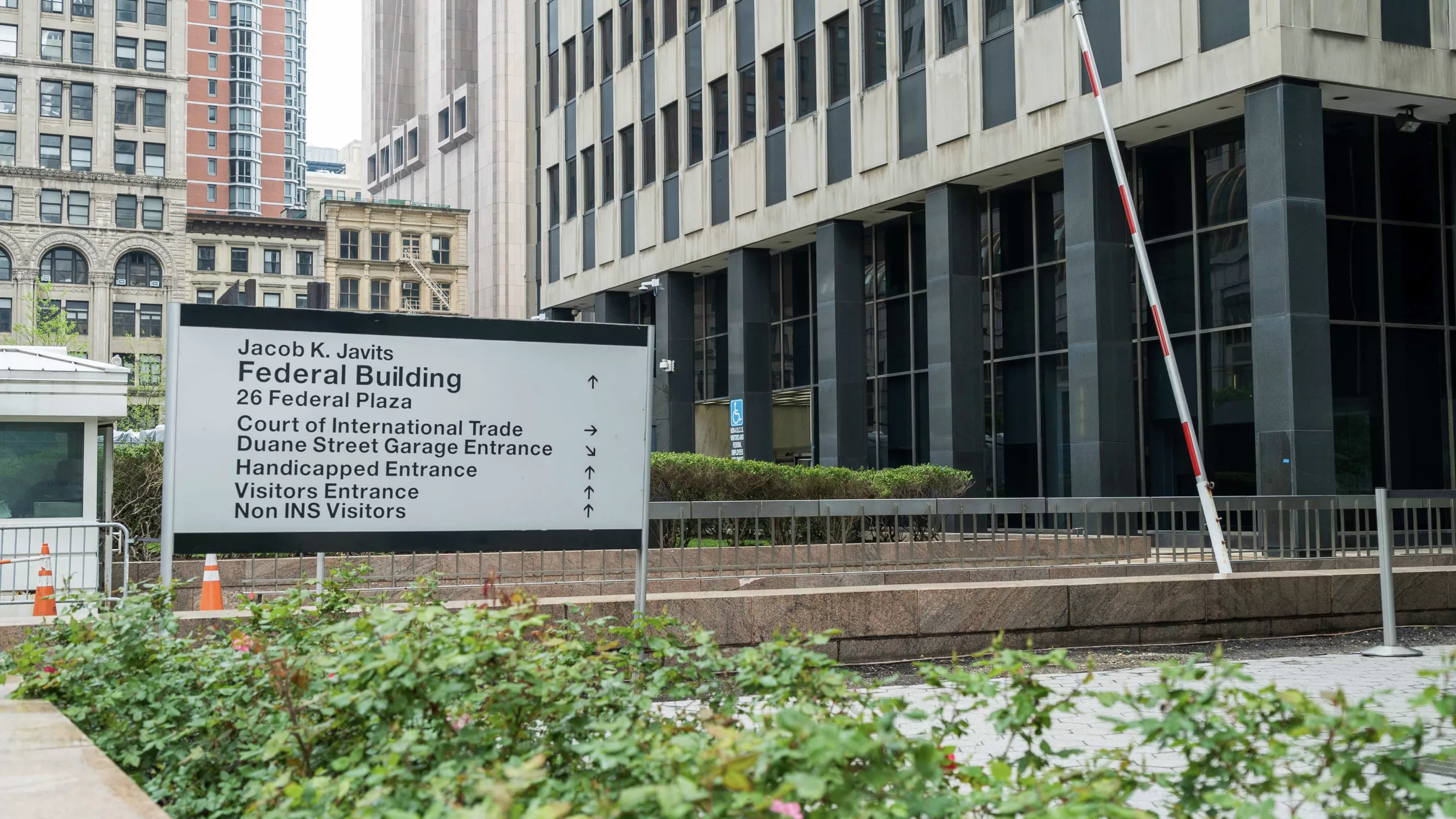On November 10, the New York State Supreme Court ruled in favor of home healthcare workers who were seeking to recover stolen wages from their employer, Premier Home Health Care Services. The court’s ruling will only apply to workers who retired or left Premier before 2016, when 1199SEIU, the union that represents the workers, entered into an agreement with Premier, forcing them into arbitration.
The decision comes several months after 1199SEIU announced an industry-wide $30 million arbitration settlement between the union and over 40 home care agencies. The settlement applied to about 120,000 workers who routinely had their wages stolen. Home care worker advocacy groups like the Ain’t I A Woman campaign criticized the settlement for not going far enough. Under the settlement, home healthcare workers are paid $250 per worker. They argue that if workers were allowed to directly sue their employers they would be entitled, in some cases, to thousands of dollars in back wages.
The court found that the arbitration settlement was “irrelevant” and that the workers cannot be forced by 1199SEIU into the union’s arbitration agreement and that workers instead can sue their employer.
“This court decision means workers do not have to give in to 1199’s bullying, to accept crumbs for their years of abuse,” said Sarah Ahn, an organizer with the Aint I A Woman Campaign. “We call on all 1199 workers who retired or left agencies to contact the campaign and come together with other workers to demand an end to the violent 24-hour workday and to recover their hard-earned wages.”
Workers have been pushing a bill by City Councilmember Christopher Marte to ban 24-hour shifts, much to the opposition of their own union, 1199SEIU
Elvia Fernandez, who worked for Premier between 2013 and 2014, says that the court’s decision is welcome news. After enduring years of 24-hour shifts, of which she was only paid for 12 hours, she believes that she will finally see some justice.
“I’m happy to hear that the judge says that we can continue to go after our stolen wages in the court case,” she said. “Now, we can reject their lousy $250 award.”
Like Fernandez, Huang Peiling had worked for Premier since 2012. The job has caused her chronic back and arm pain that requires frequent doctor visits. Peiling is relieved that she no longer is bound by the union arbitration agreement and is free to pursue her wage theft claims independently.
“We can not participate in the arbitration of the 1199 trade union, which is the lowest in history so that we can recover our hard-earned money through the court and get our justice back,” she said.















